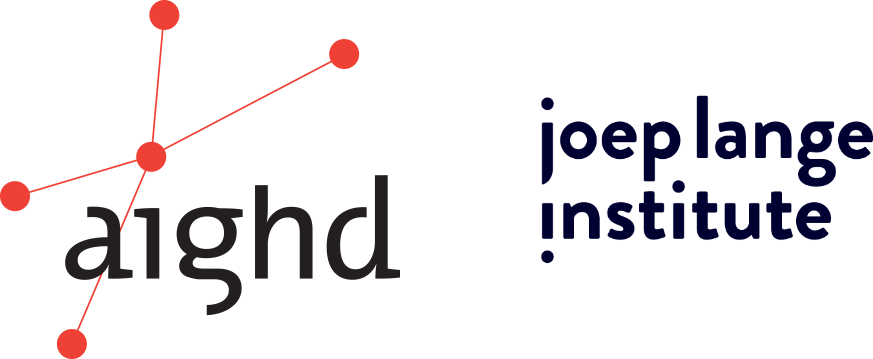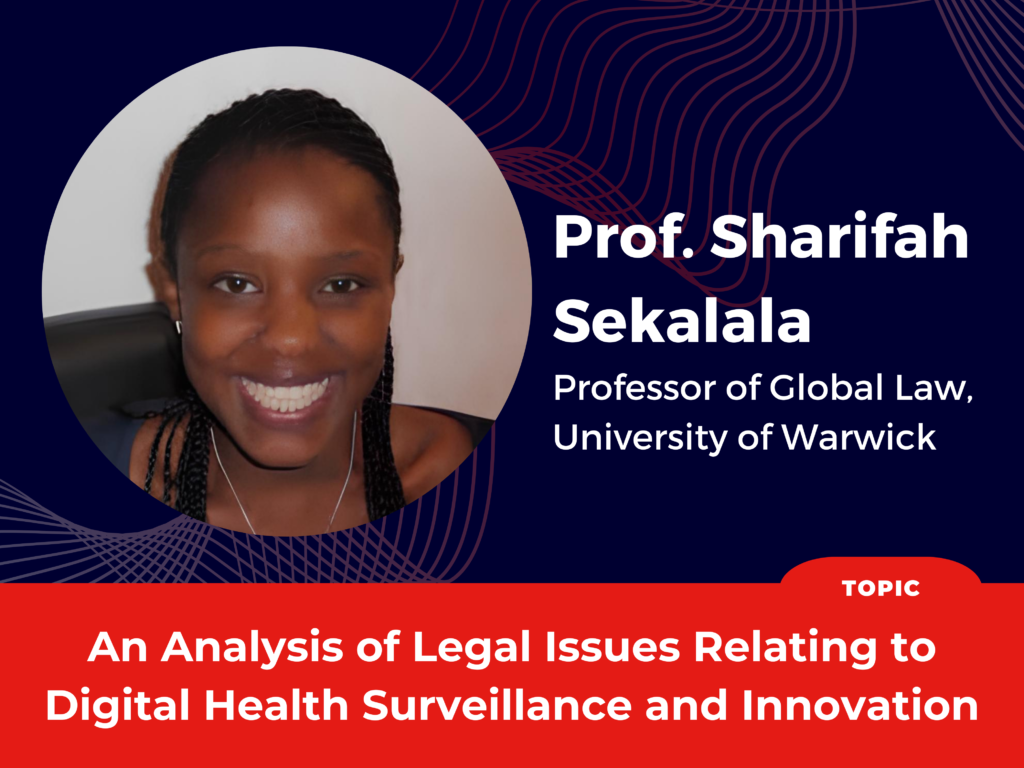
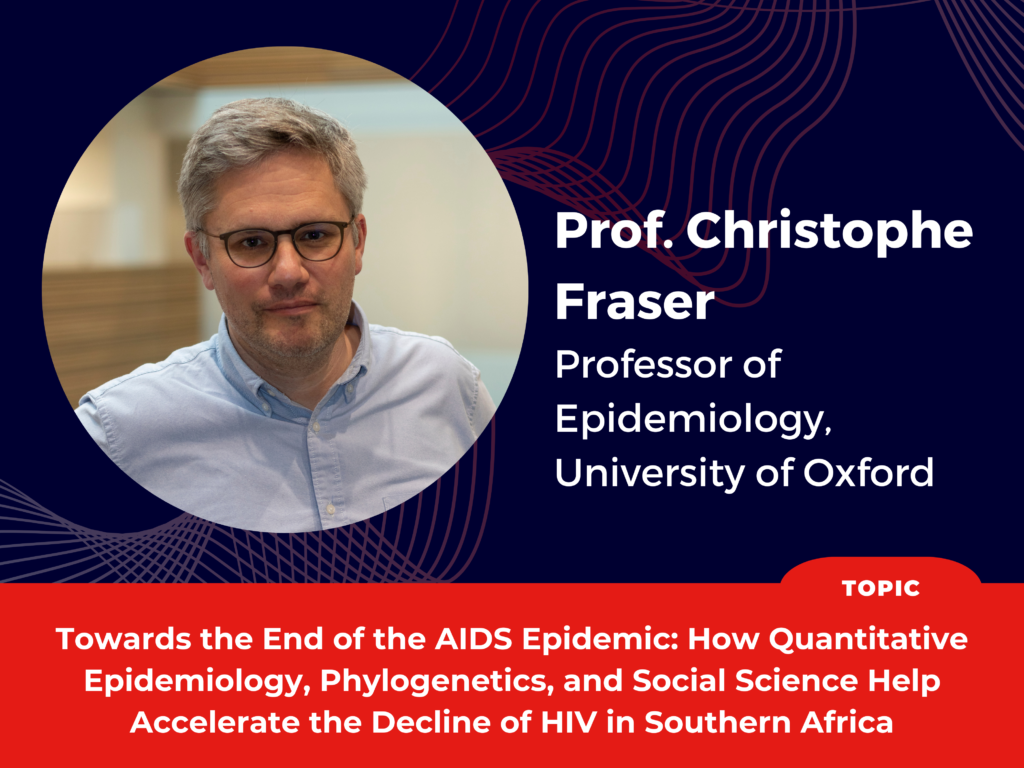
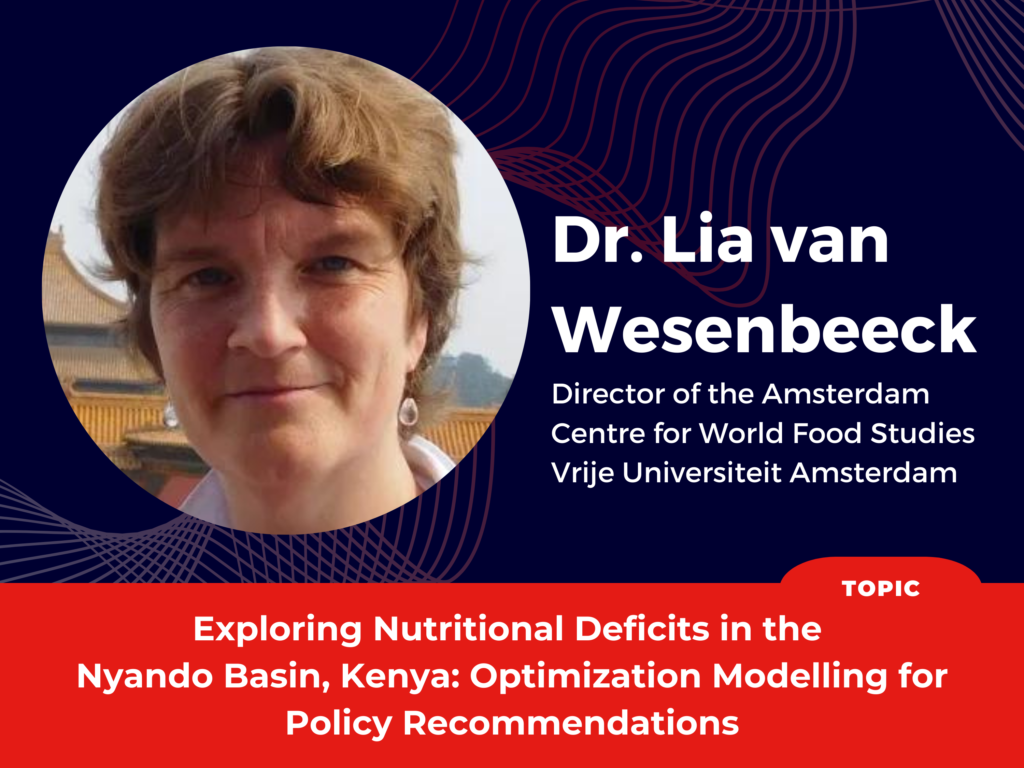
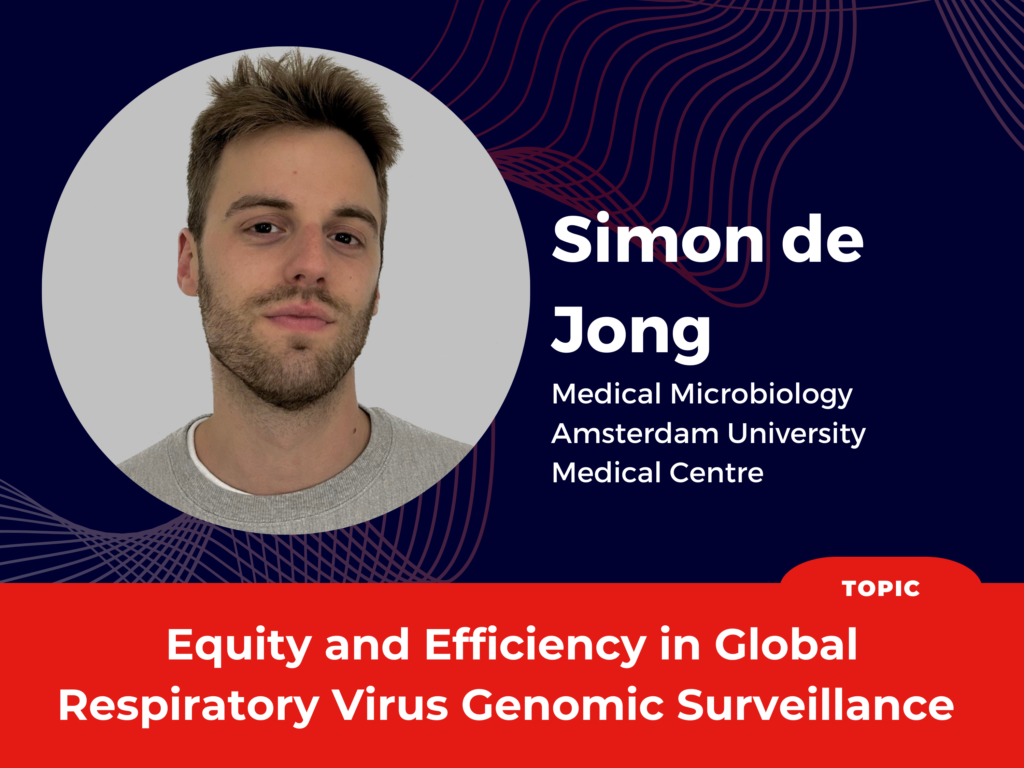
Topic
An Analysis of Legal Issues Relating to Digital Health Surveillance and Innovation
Biography
Sharifah is a Professor of Global Health Law at the University of Warwick. She is an interdisciplinary researcher whose work is at the intersection of international law, public policy and global health. Professor Sekalala is particularly focused on the role of human rights frameworks in addressing global health inequalities. Her research has focused on health crises in Sub-Saharan Africa, international financing institutions and the rise of non-communicable diseases and she has published in leading legal, international relations and public health journals. Professor Sekalala is currently the PI on a Wellcome-Trust-funded project on digital health apps in Sub-Saharan Africa.
Professor Sekalala is an Associate Fellow of Chatham House’s Global Health Programme and she has consulted on human rights and health in many developing countries and worked for international organisations such as UNAIDS, the WHO and the International Labour Organisation (ILO).
Her research has also been funded by the Wellcome Trust, GCRF, ESRC, Open Society Foundation and international organisations including the International Labour Organisation and the WHO. Sharifah also sits on the Strategic Advisory Network of the ESRC.
Sharifah holds a PhD in Law (Warwick, 2012), an LLM in Public International Law (Distinction in research, Nottingham, 2006) and an LLB Honours (Makerere University, Uganda 2004). She was called to the Ugandan Bar in 2005.
Research Interests
I am an interdisciplinary researcher whose work is at the intersection of international law, public policy, and global health. I am primarily interested in global health crises and the impact of law in curbing inequalities. I often use a human rights framework in my analysis.
I am currently leading a Wellcome funded interdisciplinary research project on health apps in Sub Saharan Africa.
The project team will evaluate the data protection regimes and engage with key stakeholders in Kenya, South Africa and Uganda, to establish the extent to which they protect their citizens’ health data, especially in cross-border Health activities. Focusing on law, bioethics, entrepreneurship, epidemiology and policy makers, the project aims to bring together various stakeholders to empirically investigate how health apps are operating in practice, whether new forms of regulation are adequate in responding to potential problems, how different stakeholders perceive the regulatory framework and how we can create better regulatory frameworks.
Topic
Towards the End of the AIDS Epidemic: How Quantitative Epidemiology, Phylogenetics, and Social Science Help Accelerate the Decline of HIV in Southern Africa
Biography
Christophe Fraser is Professor of Epidemiology in the Nuffield Department of Medicine of the University of Oxford. His research group provides end-to-end design, optimisation and evaluation of epidemic interventions. In recent years, his group has focus on supporting interventions against HIV/AIDS using virus genomics and mathematical modelling. Previously, Christophe was part of international response efforts to SARS, Ebola, MERS and pandemic influenza. For COVID, Christophe proposed that contact tracing apps could play an important role due to pre-symptomatic transmission, and he worked as a member the NHS team that developed, optimised and evaluated the NHS Covid-19 app
Topic
Exploring nutritional deficits in the Nyando Basin, Kenya: Optimization modelling for policy recommendations
Profile
Lia van Wesenbeeck is director of the Amsterdam Centre for World Food Studies and hence responsible for the management and coordination of the day-to-day activities of the Centre. She also is senior lecturer at Amsterdam University College. Before, she was a senior researcher at the SOW-VU and obtained her PhD in 2000 at the Vrije Universiteit Amsterdam. She publishes in peer reviewed journals and books, provides advice to policy makers, gives guest lectures at several Dutch Universities, co-supervises a PhD student and serves on various national and international committees in the area of FNS. Among others, she has been the Dutch expert at the Round Table on monitoring food security (Rome September 2011), served on the Platform Food Security of the Ministry of Economic Affairs of the Netherlands, Agriculture and Innovation and the Ministry of Foreign Affairs (2011-2013), and is Chair of the International Advisory Committee for the Global Challenges Program of the Dutch Foundation for Scientific Research (NWO/WOTRO) since 2013.Research
Topic
Equity and Efficiency in Global Respiratory Virus Genomic Surveillance
Profile
Simon de Jong is a PhD student at the Amsterdam University Medical Center where he studies the epidemiology and evolution of respiratory viruses, in particularly influenza. Simon works on the uses of genomic sequencing for understanding patterns of respiratory virus transmission at multiple spatial scales, from local chains of person-to-person transmission to the global mobility-driven dynamics of viral spread.
Driven to serve positive public health outcomes, Simon uses his knowledge and skills to leverage the vast amounts of data to inform public health decision making. He believes that we have not yet fully mastered and tapped into the potential of genomic sequencing in public health, aiming for an effective, efficient, and equitable means of improving public health strategies and outcomes.
